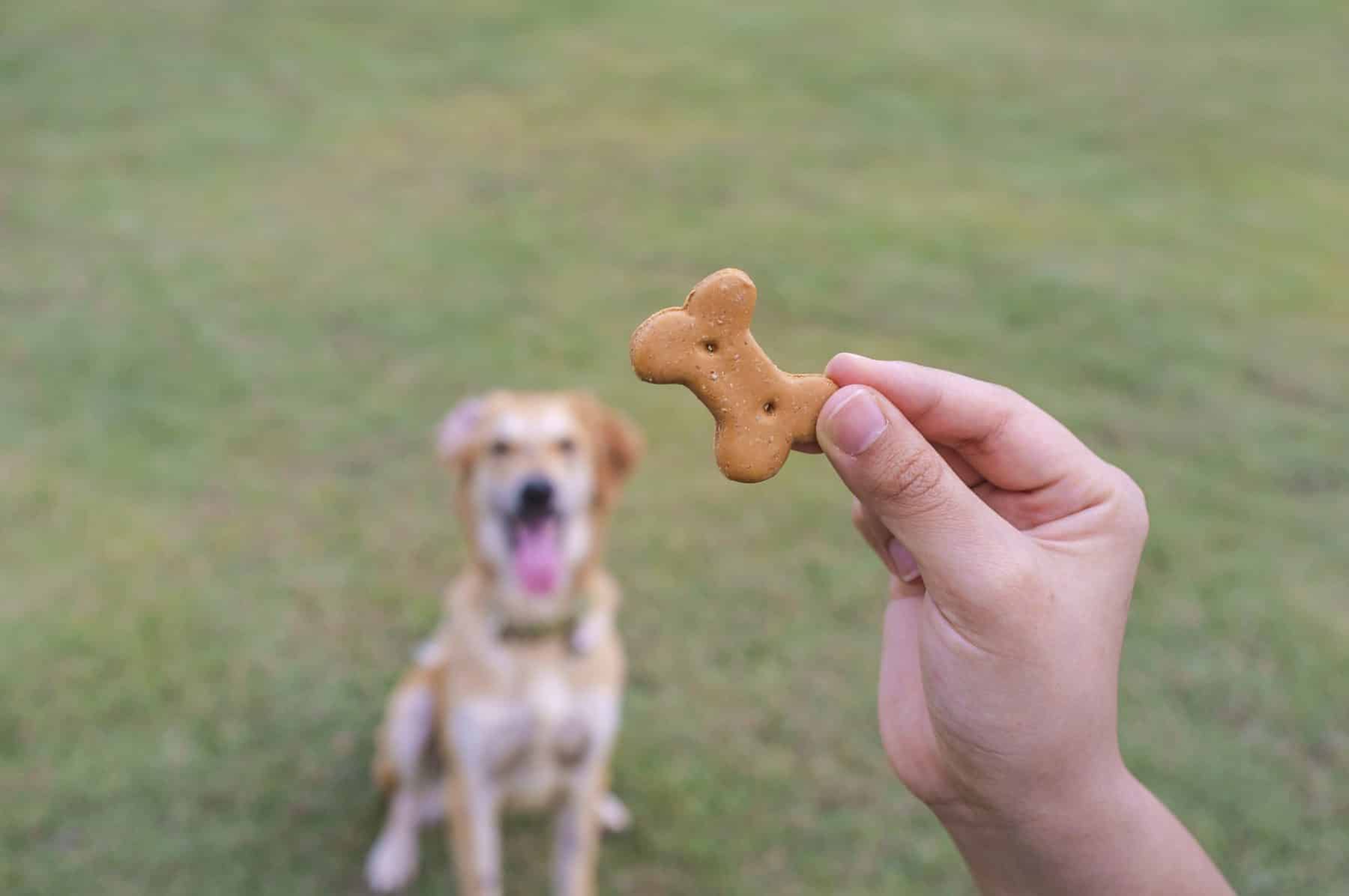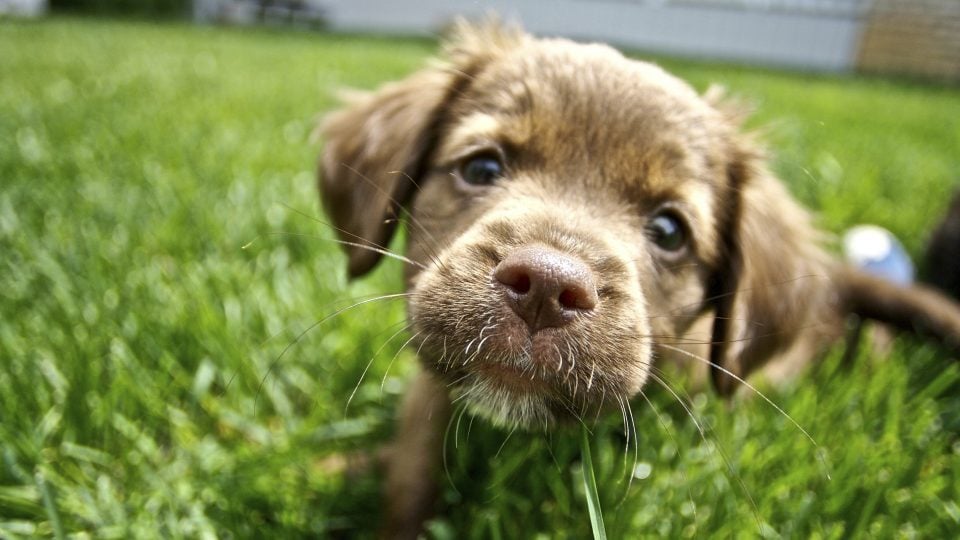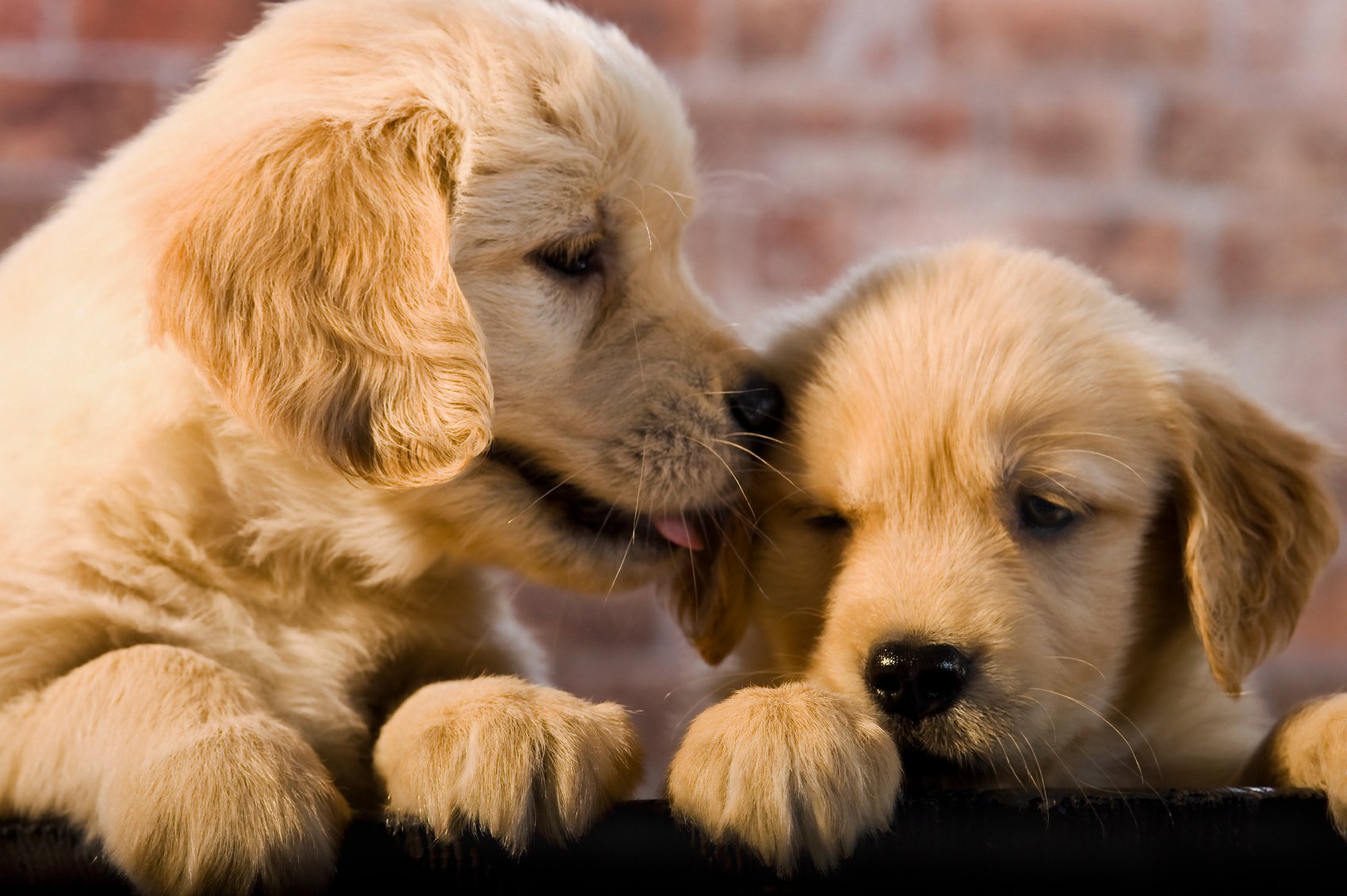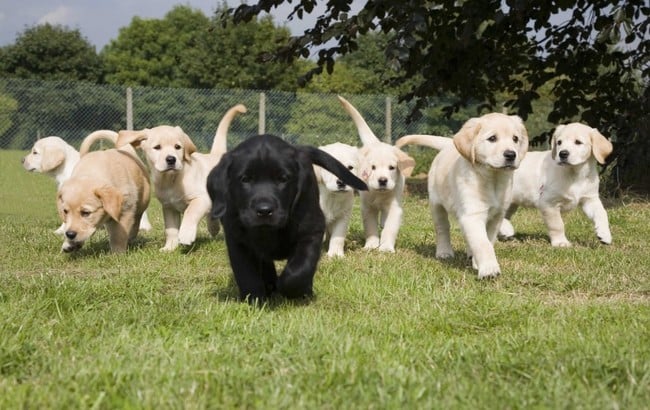Our dogs’ names say a lot about us, so pet parents are increasingly taking their time picking the perfect moniker. You can see from our list of popular dog names that choices reflect everything from heritage to favorite teams and celebrities. So how do you stand out from the pack? How do you name a dog with the perfect moniker? What’s the secret to the perfect dog name?
It turns out there’s an art AND a science to selecting the just-right name for your pet. Dogs are more likely to respond to certain sounds, for example.
And what about the age-old debate between human and non-human monikers? Read on to find out everything you need to know about choosing your dog’s name.
How to Choose a Dog Name
Choosing what to name your dog is a personal journey, taking into consideration your personality as well as your pet’s. Whether you’re naming a puppy or a new to you rescue dog, a lot goes into choosing a name that works for both of you.
This video covers heart-warming stories from real dog owners about how they found the perfect name for their best friend:
Once you have a list of potential names, it’s imperative you test them out. Calling the name out loud to see how easy it is to say in a variety of tones can be helpful, even going as far as calling it out your back door to try it out can rule out awkward or hard to pronounce names.
Which one rolls off your tongue more easily? Which one feels most natural? Which one is least likely to embarrass you at the dog park? You won’t know until you try calling out “Nicodemus!” vs. “Nico!” vs. “Reeses Puppycups!”
Yes, there is a dog out there named Reeses Puppycups.
Once you’re comfortable with the name in question, it’s time to see if your dog approves as well. Call the name to your dog, and see what kind of reaction it elicits. Do their ears perk? Do you get even half of a tail wag? These small signs could mean that this name is something your dog can be trained to respond to.
It’s important to not get discouraged if a name you love gets a lukewarm reaction from your dog. Many dogs go by a nickname or a fun shortening of their actual name. For every Beauregard, there’s a Bo, and for every Persephone, there’s a Posie.

Use treats to teach your dog a new name.
What You Name A Dog Can Be Key in Training
Creativity and personal expression are important, sure, but when it comes to giving your dog a name, training is a top concern.
Your dog will hear their name over and over, and will learn to respond to it when learning commands. In fact, veterinary behaviorists agree that dogs recognize their names because something happens after they hear them.
In other words, it can be more of a “cue” word than a personal identifier.
That means that your dog needs to respond to her name, and associate it with good things. You can teach her to recognize her name with—you guessed it—plenty of treats. Sit next to her and when she looks at you, call her by her name and give her a treat. Repeat, and eventually, she’ll learn that responding to her name brings her what she wants.
Dogs Prefer “Short” Sounds
The sounds within the name you choose will influence your dog as well. Christopher Pachel, a veterinary behaviorist, says that “short” and “choppy” gets them to respond quickly, while “long, slow, soothing tones” do not. “Huck” might be preferable to “Huckleberry Finn,” at least for your dog.
Several experts also agree that a hard consonant sound in the name, such as “c” or “k,” helps dogs distinguish it from surrounding sounds.
Then again, you’ll want to avoid names that sound too much like commands. “Ray” might sound like “stay,” for example, or “Kit” could be confused with “sit.”
People Names: The Debate
People names are popular choices. Our data shows that in the top 10 for both female and male dog names, you’ll find a majority of human-friendly picks. Max and Bella take the number one spots, for instance. They’re joined by the likes of Charlie and Jack, Lucy and Molly. The New York Times has noticed a trend in “grandparent names” for dogs, from Marvin to Mona.
Some trainers believe that giving your dog a person’s name can lead you to assign too many human qualities to your dog. Given how popular the practice is, though, that doesn’t seem to be a concern for most dog lovers.
Should I Change a Dog’s Name?
When adopting a dog, you may be faced with the question of whether to change his name. Perhaps you want something more original than “Spot,” or more serious than “Fluffy.” Go for it! Experts say it’s fine.
Certified animal behaviorist and dog trainer Karen London explains that it’s a common practice when adopting a dog.
“Names like Baby, Poopsie and Pudding are often not popular with new adopters. On other extreme, many people feel a mismatch when they adopt a dog who has been going by Killer, Spike or Vengeance.” -Karen London, PhD
You don’t even have to use the same number of syllables. The main rule of thumb? Make sure to spend time teaching your pup to recognize his new moniker. Take a look at our guide to changing your dog’s name for more information.
The Best Fit for You and Your Dog
In the end, picking something you love is most important. You want to get that warm, fuzzy feeling every time you say your dog’s name, just like you want your dog to respond to her name with joy. If it makes you happy to say it, you’ve found the right choice.




